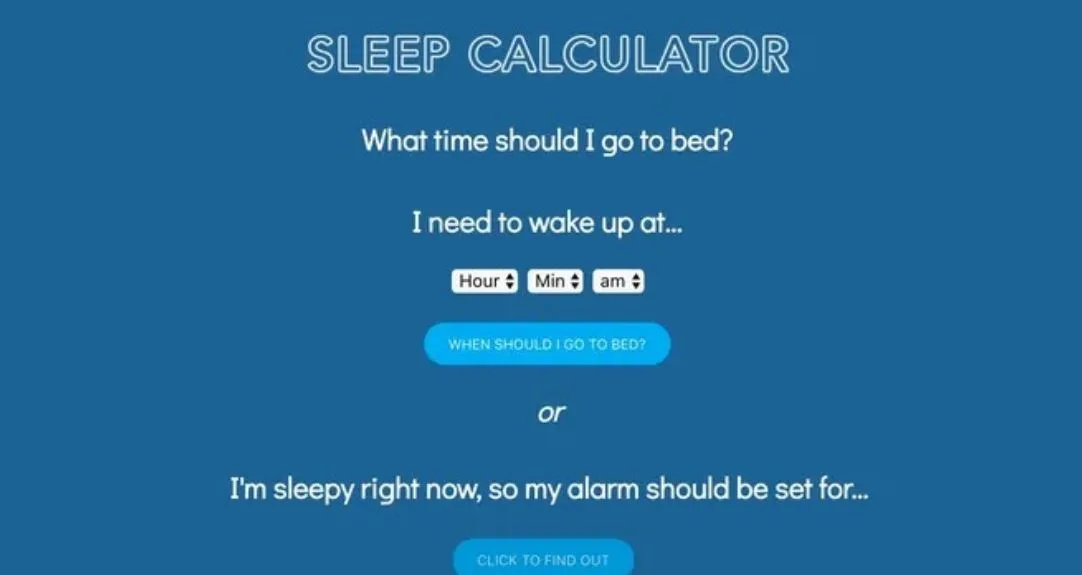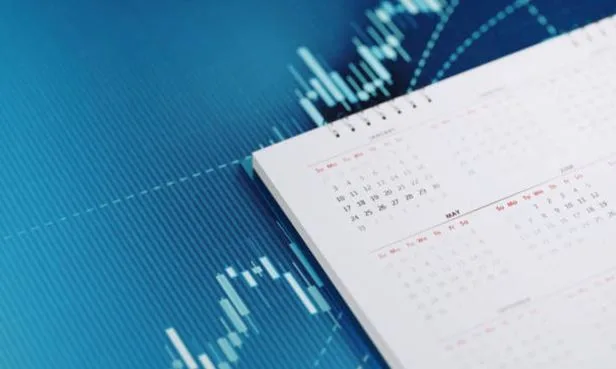How Much Sleep Do I Need Calculator: Find Your Ideal Sleep Time
When it comes to improving health, mood, and productivity, there is nothing quite like sleep. Sleep is something that everyone questions, however. How do I figure out sleep times that work best for me? You can do so by using a sleep schedule calculator. Your best sleep times are determined by factors including age, body rhythm, and lifestyle.
This guide focuses on sleep calculators, sleep duration according to science, and identifying your best sleep times to allow for maximum recovery and energy for your daily activities.
Why Knowing Your Ideal Sleep Time Matters
Sleeping is biological. Sleep aids recovery, activates bodily functions, and strengthens memory. For optimal health, adults 18-60 years old, according to the Center for Disease Control, need 7 hours of sleep. Not only does your health impact your sleep, so does your genetics, daily habits, and stress levels.
This is where sleep calculators come into play. It helps estimate the most effective sleep times by using your wake-up or bedtime to calculate when you should fall asleep or wake up, based on natural sleep cycles.
How the Sleep Calculator Works
A sleep calculator uses the concept of sleep cycles, which typically last around 90 minutes each. During each cycle, your body moves through light sleep, deep sleep, and REM (rapid eye movement) sleep. Waking up in the middle of a deep sleep phase can make you groggy and tired, even if you’ve slept for many hours.
To find your best sleep times, a calculator counts backward (or forward) from your desired wake-up time in 90-minute intervals. For instance:
- If you need to wake up at 7:00 AM, your ideal sleep times might be 9:30 PM, 11:00 PM, or 12:30 AM.
- If you go to bed at 10:00 PM, your best wake-up times might be 5:30 AM or 7:00 AM.
This system ensures that you wake up at the end of a sleep cycle, not in the middle of one — helping you feel refreshed and alert.
The Science Behind Best Sleep Times
The human body follows a circadian rhythm, also known as your “body clock.” This rhythm regulates your sleep-wake cycle, body temperature, and hormone levels over 24 hours. Your circadian rhythm is influenced by light exposure, meal timing, and even physical activity.
Research shows that aligning your sleep schedule with your circadian rhythm improves both sleep quality and mental alertness. That means your best sleep times aren’t only about duration — they also depend on when you sleep.
For example:
- Early risers (morning types) tend to perform best when they sleep between 9:00 PM and 5:00 AM.
- Night owls often thrive when sleeping between 12:00 AM and 8:00 AM.
Using a sleep calculator helps identify the exact windows that fit your natural rhythm.
Age and Sleep Needs: How Much Is Enough?
The National Sleep Foundation provides age-based recommendations that can help guide your sleep planning:
| Age Group | Recommended Sleep Duration |
| Newborns (0–3 months) | 14–17 hours |
| Teenagers (14–17 years) | 8–10 hours |
| Adults (18–64 years) | 7–9 hours |
| Older Adults (65+) | 7–8 hours |
While these are general guidelines, your best sleep times may differ slightly. Lifestyle factors — such as caffeine intake, exercise, stress, and screen exposure — all affect how much sleep you need.
Tips to Use a Sleep Calculator Effectively
Here’s how to make the most out of your sleep calculator and find your best sleep times:
- Choose your wake-up time first.
Your wake-up time sets the foundation for your sleep schedule. Enter it into the calculator to find the optimal bedtime. - Account for 15 minutes to fall asleep.
Most adults take around 10–20 minutes to fall asleep. Include this buffer when setting your schedule. - Avoid caffeine and screens before bed.
Blue light and stimulants delay melatonin production, making it harder to fall asleep on time. - Stay consistent.
Go to bed and wake up at the same time daily — even on weekends. Consistency trains your body to follow its natural rhythm. - Listen to your body.
If you feel tired despite following the calculator, try adjusting your bedtime slightly earlier or later.
Signs You’re Not Getting Enough Sleep
Even with a calculator, many people struggle to get quality rest. Here are key signs that your best sleep times may not be working yet:
- You need multiple alarms to wake up.
- You feel sleepy or irritable during the day.
- You rely on caffeine to stay alert.
- You have difficulty concentrating or remembering things.
- You experience mood swings or low motivation.
If you notice these symptoms, consider adjusting your sleep schedule or consulting a healthcare provider for a sleep assessment.
How to Find Your Personal Best Sleep Times
Everyone’s ideal sleep window is different. Here’s how you can identify yours naturally:
- Track your sleep for 1–2 weeks.
Go to bed at the same time each night and note when you wake up naturally without an alarm. - Observe your energy patterns.
Are you more alert in the morning or late at night? This helps identify your chronotype (morning or evening type). - Use a sleep tracker app or smartwatch.
These devices analyze your sleep cycles and can recommend your best sleep times automatically.
Once you have this data, use a sleep calculator to align your bedtime and wake-up time with your body’s natural rhythm.
Expert Tips for Better Sleep Quality
Knowing your best sleep times is just the beginning. To truly improve sleep quality:
- Keep your room dark and cool (between 18–20°C).
- Avoid heavy meals within two hours of bedtime.
- Do light stretching or meditation before sleep.
- Limit alcohol and nicotine, as both disrupt sleep cycles.
- Expose yourself to natural light during the day to reset your circadian rhythm.
These small adjustments make it easier for your body to follow your ideal sleep pattern naturally.
Final Thoughts: Use a Sleep Calculator to Wake Up Refreshed
The How Much Sleep Do I Need Calculator is a simple yet powerful tool to help you discover your best sleep times and improve your overall well-being. Instead of guessing how many hours of sleep you need, this calculator uses proven science — sleep cycles and circadian rhythms — to guide you toward optimal rest.
By combining the calculator with consistent habits and good sleep hygiene, you can enjoy deeper sleep, sharper focus, and more energy every day.
So tonight, try calculating your ideal bedtime — and let your body wake up feeling truly refreshed.







